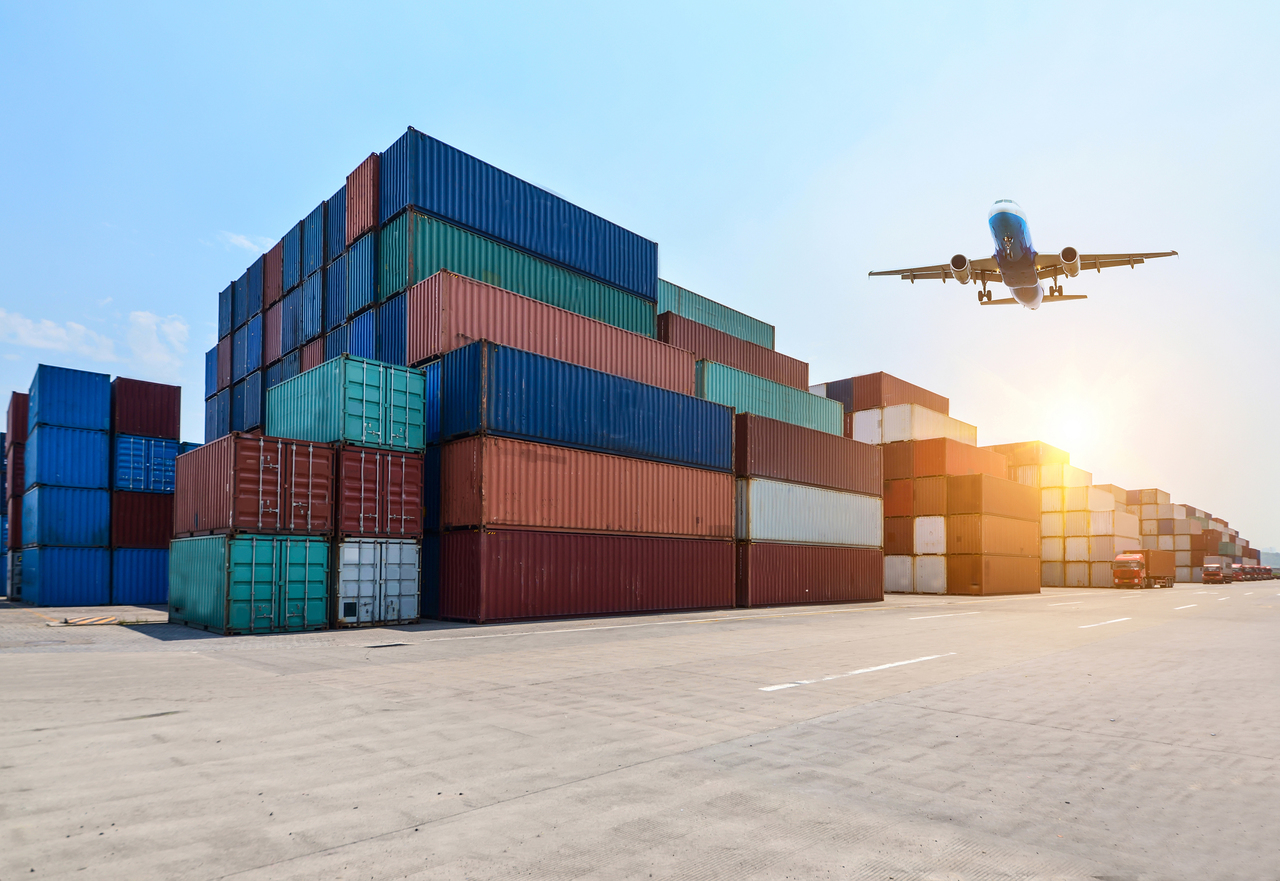What is the impact of the coronavirus (COVID-19) on businesses in the Philippines?
- New Normal Established
- Impact On The Economy
- Barriers On Trade
- Monetary Struggles of Small and Start-Up Businesses
- Dwindling of Essential Stocks
It has been more than two months since the quarantine was implemented and the effects of COVID-19 on businesses in the Philippines are drastically being felt. With several establishments forced to close down, the Philippine economy could be on its way to the verge of collapse if the pandemic isn’t contained.
Since the implementation of the Enhanced Community Quarantine (ECQ), companies are trying to keep up with the new set of demands and protocols. However, it will not suffice if the pandemic persists for a longer period of time. Here are some insights into the impact of COVID-19 on businesses in the Philippines.
New Normal Established

We often hear words like “social distancing” and the “new normal” these days as we live through the pandemic. For the educational sector, schools have been suspended by the government since last March. Both the Department of Education and various college universities are now eyeing online learning as their tool to continue progressing academically during these times. However, these have proved to be insufficient as not all of the population has a stable broadband connection in their homes.
Certain businesses that are labeled essential have been allowed to continue on running, with a few rules implemented to maintain safety measures. Public markets are strictly implementing the rules of social distancing, with some municipalities providing “mobile palengkes” to their citizens. Other essential services such as hospitals, food establishments, and banks also continue to provide work for their employees.
However, people who had jobs in what are considered “non-essential sectors” are now taking the negative blow of this new normal. Some employers are unable to provide full compensation or work from home arrangements. Employees who live in other cities are having difficulty traveling to their workplace due to checkpoints. Other companies have suffered such a great loss that they had to let some people go. The pandemic has been crippling both Filipino families and businesses alike.
Impact On The Economy
There is no doubt that the economy as a whole is now on the brink of a recession. Several business industries have taken a much slower pace due to the global pandemic affecting the flow of supply and demand in the country. According to Rappler, the National Economic and Development Authority (NEDA) has estimated that the Philippines’ gross domestic product (GDP) may be as low as -0.6% this year.
It is estimated that the Philippines may lose between P276.3 billion and P2.5 trillion based on how long the pandemic will ensue. In the worst-case scenario, the economy may slow down to a recession as labor supply drops to 19.7%. On the other hand, labor supply may only drop to 7.4% with most of the industries thriving if the country successfully combats the virus in the second quarter of the year.
Still, as COVID-19 continues, many Filipinos may lose their jobs. Industries like BPO, tourism, and aviation sectors have laid off their employees due to a lack of financial resources to support them. Meanwhile, in terms of construction, it is widely known that the infrastructures of the “Build, Build, Build” program are reliant on China for funding. Having the pandemic around paused not only the construction itself but also the compensation of the workers involved. Many of whom are daily wage earners.
Additionally, there are still several business buildings that are yet to be finished. The pause in construction due to COVID-19 may postpone future economical endeavors.
Barriers On Trade

To keep our economy breathing, the Philippines imposed no restrictions on imports and exports within the country. An article by Pharmaceutical Technology stated that according to the Philippine Statistics Authority (PSA), China is the country’s top trading partner, making up 18.8% of its total trade. This is together with Korea and Japan in terms of imports.
The coronavirus may result in a more subdued trading economy in the Philippines for the year 2020. But keeping the import-export system alive may help our economy survive. As for healthcare supplies and equipment, the Philippine government ordered that they will not be subjected to taxes and fees. This is in compliance with the Republic Act No. 11469, also known as the “Bayanihan Heal As One Act”. This allows the country to get the necessary supplies at ease without any further restrictions. This greatly benefits the great influx of COVID-19 patients in need.
Monetary Struggles of Small and Start-Up Businesses
Big conglomerates may survive the current economic crash, but micro, small, and medium enterprises (MSMEs) in the Philippines are taking the hardest hit financially. According to the latest List of Establishments from the Philippine Statistics Authority (PSA), there are 998,342 MSMEs in the country, which takes up 99.52% of all local businesses as of 2018. The lack of consumer demand tests businesses’ financial capacity to keep their enterprises afloat, together with trying to support their workforce. Some MSMEs try their best to match today’s algorithm of demands by offering online and delivery services. However, lessening of employees are needed to keep up with their financial demands.
According to an article by CNN Philippines, the government has already allotted a P120-billion credit guarantee program and P51-billion wage subsidy programs for micro-businesses. This is through the Department of Finance together with the Department of Trade and Industry’s low-interest lending program for small businesses. These may aid entrepreneurs in maintaining their financial assets as well as compensating their workers.
Dwindling of Essential Stocks

In the midst of a pandemic, it is a common occurrence for essential supplies to be often out of stock. Two months into the imposed Enhanced Community Quarantine throughout Luzon, people have frantically hoarded rubbing alcohol, food supplies, and other goods. Forcing the government and supermarkets to create new rules to prevent further shortages.
Some businesses ramped up their production, with the government promising incentives to companies producing essential goods through commonly imposed taxes. The government also allowed the return of 50% of the workforce to aid in the production process. Other businesses are using online means to deliver products to their consumers and other unorthodox methods for them to survive the negative economic effects of the pandemic.
These issues may continue to persist if we don’t combat the virus sooner. While private conglomerates may survive the economic crash, smaller sectors and Filipino workers may eventually succumb to losing finances. Until the pandemic is resolved, the Philippine economy may take devastating damage as days go by.
Key Takeaway
The sudden socio-economic threat imposed by COVID-19 is a crisis currently endured by countries across the globe. While its impact is felt greater by the day, the survival of its most important sectors are pillars to preventing economic collapse. With the effect of COVID-19 on businesses in the Philippines, it is truly a challenging time for all. However, once settled into the new normal and after planning for solutions together post-pandemic, businesses may rise once again.
Author’s Note: This entry was optimized by the best SEO Services Agency in the Philippines – SEO Hacker



